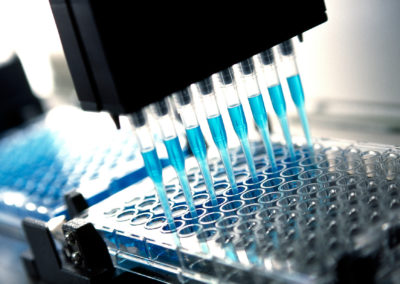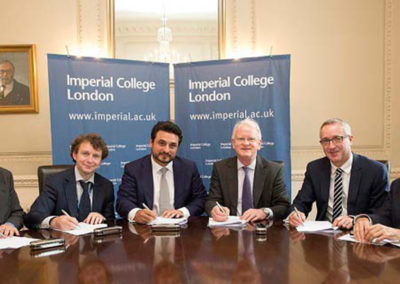News & Events
Heinz will now produce its ketchup bottles using PlantBottle® packaging, marking the biggest change to their iconic design since 1983.
Launched by Coca Cola in 2009, PlantBottle® packaging has a lower reliance on non-renewable resources compared with traditional PET plastic bottles, with nearly 30% of its material derived from plants.
Dr Richard Murphy, an Imperial academic in the Division of Biology, headed up an initial life cycle analysis of the product. His team were able to confirm that Coca Cola’s innovative packaging reduced CO2 impact by 12-19%.
In 2010 alone, the use of this breakthrough packaging eliminated the equivalent of almost 30,000 metric tons of carbon dioxide, or approximately 60,000 barrels of oil.
Both Heinz and Coca Cola hope that others will follow in the use of more sustainable materials, transforming how food is packaged around the world.
Life cycle analysis (LCA) is a tool used to assess the environmental impact of a product or process.
Share post:
Latest news, insights and events

Press release: MedCity-led university Testing Alliance to offer 20,500 extra daily COVID-19 tests
London’s leading life science and academic institutions have united to respond in an unprecedented way to the coronavirus pandemic by ramping up diagnostic testing capacity for the UK. read more

Imperial College London and Imperial Consultants sign partnership agreement with City Proton
The partnership was signed last week at Imperial with representatives from Imperial’s research team, City Proton including Ken Anderson, Chairman, Imperial Consultants and Imperial Innovations, as well as Professor James Stirling, Provost of Imperial College London. read more

The global energy revolution
Dr Iain Staffell, Dr Malte Jansen and consultants from e4Tech commissioned by Drax Group to inform the debate on decarbonising the global energy system, evaluating progress and lessons learnt re fossil fuels, clean power, electric vehicles, carbon capture and storage and efficiency read more